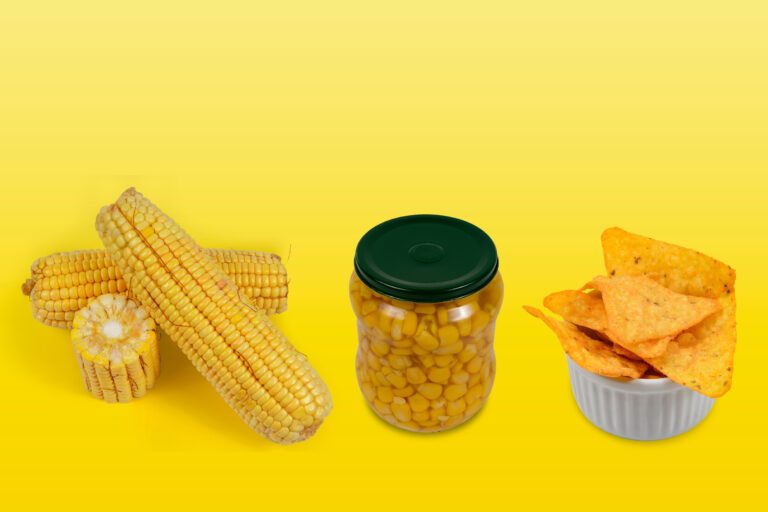Food For Thought
Husna T. Ghani
WE HAVE HEARD OF PROCESSED FOODS, BUT we may or may not have heard of ultraprocessed foods. What is the difference between the two? Gina Van Thomme explains it best in an article for the University of Texas MD Anderson Cancer Center. She tells us to envision food as being on a spectrum. Whole foods that are natural or have extremely low levels of processing are at one end. Processed foods are in the middle and still “resemble whole food ingredients.” These have only a few added ingredients and usually have undergone a physical process such as juicing, blending, heating, or freezing. Some examples are fruit and vegetable juices, frozen or canned whole foods, peanut/nut butter, and whole-grain bread. Ultraprocessed foods are at the opposite end and are referred to as “food-based products.”
The NOVA classification system states that ultraprocessed foods are “snacks, drinks, ready meals and many other products created mostly or entirely from substances extracted from foods or derived from food constituents with little if any intact food.” Think vending machines and your favorite chips, cookies, and soda, as well as lunch meats such as bologna and hot dogs.
“Ultraprocessed foods are designed to look and taste appealing while having a longer shelf life. These foods have added salt, sugar, food coloring, and preservatives.”

One example of a food consumed in the different stages of processing is corn.
“Corn on the cob is unprocessed. Canned corn is processed. Corn chips are ultraprocessed.”
You can see how the corn has been changed from its original form to something that may only be a derivative of the natural product. If it tastes good, comes in a package, does not look like its original form, has a long shelf/refrigeration life, and is extremely easy to obtain from a box, machine, or drive-thru, then chances are it is an ultraprocessed food.
In today’s world of incessant “busy-ness,” people may compromise healthy eating for convenience. Food is meant to be chewed, digested, and broken down into smaller molecules of nutrients that are absorbed. However, altered and chemically processed foods slow down this process. These foods do not break down easily and usually lack many nutrients and vitamins, thus causing an inflammatory response. According to Dr. Ehtesham Ghani, a board-certified bariatric and internal medicine physician, “over time, this can be dangerous for one’s health, raising the risk of obesity, cardiac disease, cancer, diabetes, and other inflammatory diseases.” In a research study by Hyunju Kim et al. spanning almost two decades that was published in the Public Health Nutrition journal, results showed that individuals in the group that consumed ultraprocessed foods with the highest frequency had a 31% higher risk of mortality compared to those in the lowest group.
So, why are ultra-processed foods so popular? With the advent of new technology over the past several decades, our world has become more instant by the second, and our food has evolved to keep up with the times. We want our food to be accelerated yet palatable. We can see that the cultural shift since the post-World War II era prompted a shift in our diets towards more processed eating. After the Second World War, canned food became a symbol of patriotic convenience. Marketers showcased their products through a new medium: television entertainment. Women (who were generally the main food preparers) entered the workforce in higher numbers.
Do we need to forego all ultraprocessed foods? That depends upon how much research and reading on specific ingredients you are committed to doing. Dr. Ghani states that some soups, cheeses, yogurts, and whole-grain cereals can be safe to consume, depending upon the ingredients and method of processing. However, there are some ultraprocessed foods, such as certain artificial sweeteners and lunch meats, that can increase the risk of cancer.
Does that mean candy and chips will never be a part of your future?
“Islam tells us that moderation is key. If it is easy to access and tastes appetizing, all while saving time and energy, the cycle of unhealthy eating will continue. That’s where healthy moderation can lose the battle to tasty convenience.”
If you have access to minimally processed foods, it is best to try to consume pure and tayyib (good/lawful) foods. Surah Al-Ma’idah in the Quran states that “…all good, pure foods have been made lawful for you” (5:5).
Always be cognizant and mindful of what you put in your body. Being armed with knowledge, having discussions with your healthcare providers, and making educated choices can help lead to a more balanced and healthier gastronomical journey. And remember, as the old adage goes, “You are what you eat!”

Husna T. Ghani has a degree in biology and chemistry, as well as an MBA. She is a former science teacher who works in data analytics and research while honing her culinary skills on family and friends.